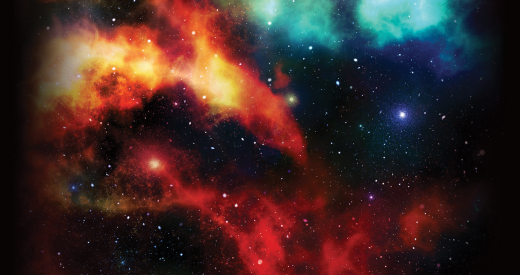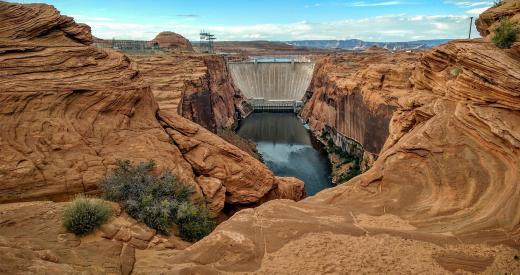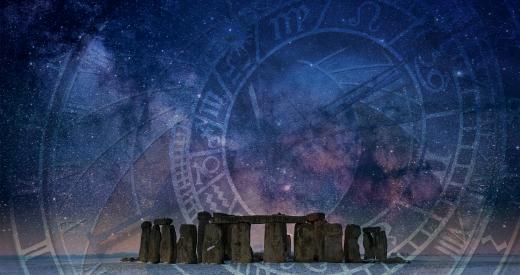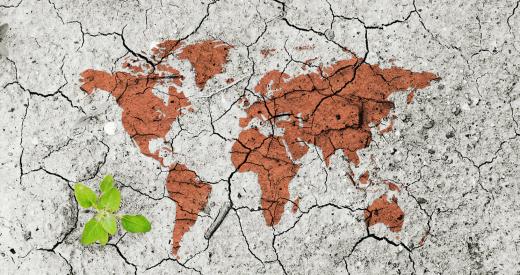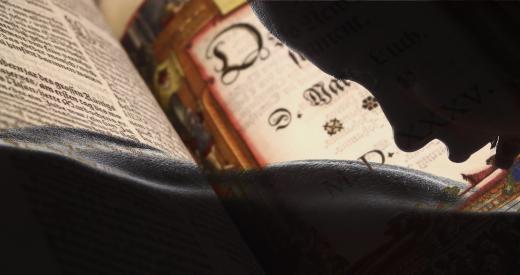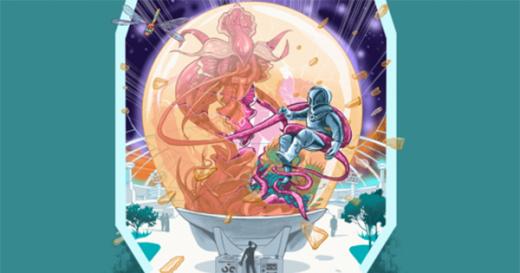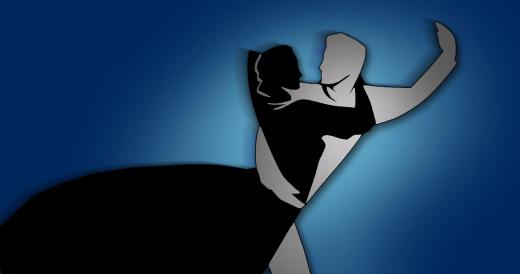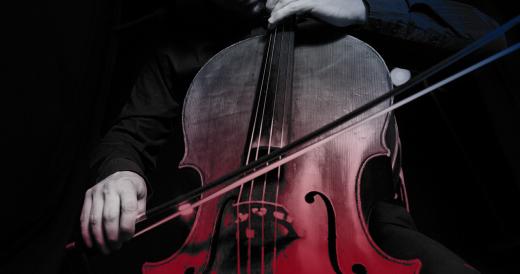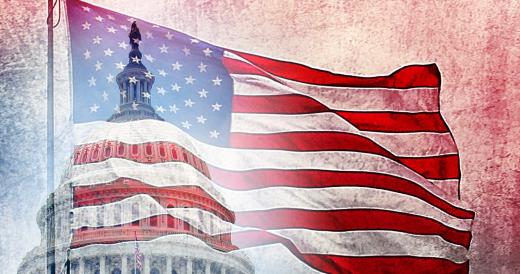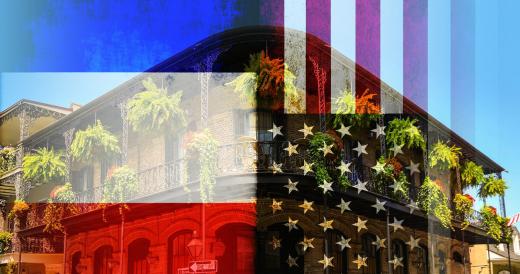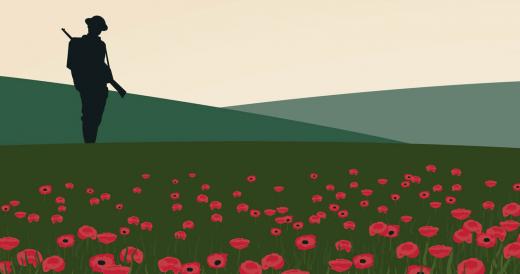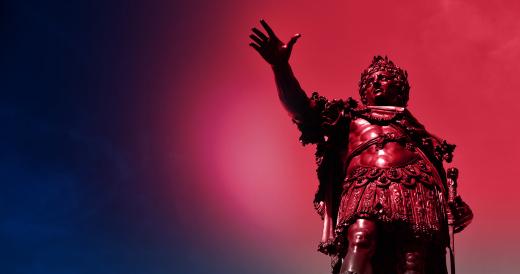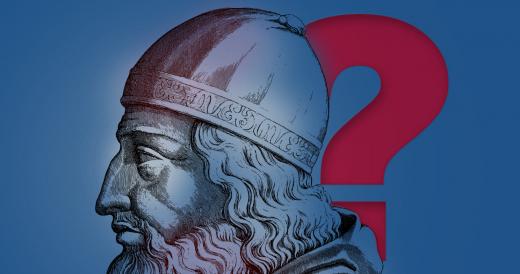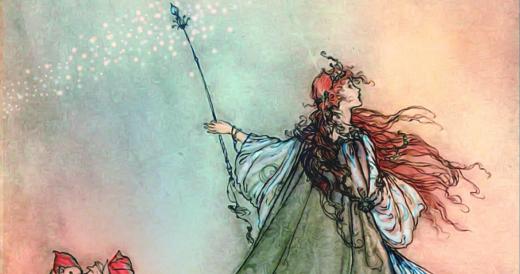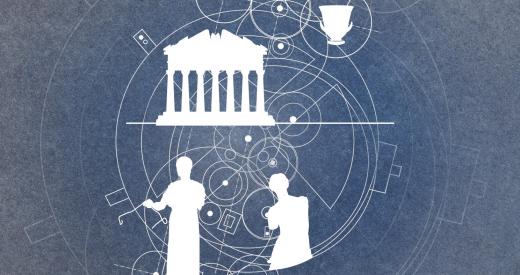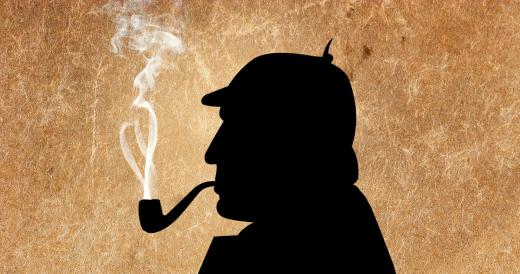Course Archive
Spring 2023
Chris Impey
Tuesdays
10 AM – 12 PM
Jan 31 to Feb 28
Attend In Person OR Online
Astronomy has seen tremendous progress in the past century. Large telescopes on the ground and in space now give us views of the universe across the electromagnetic spectrum. Powerful computers can handle exponentially increasing volumes of data and allow simulations of remote objects and extreme astrophysics. We know how stars work, how many galaxies there are, and how to find exoplanets. Yet there is much we don’t know and areas where our physical understanding is weak. This course is a report from the frontiers of astronomy and physics research on five aspects of...
Karl Flessa
Tuesdays
1 PM – 3 PM
Jan 31 to Feb 28
Attend In Person OR Online
The Colorado River starts in a high mountain meadow, flows through forests and canyons, and past tribal nations. The river now generates power and is diverted to farms and cities -- and no longer reaches the sea. How did we get here? Where are we going? One hundred years since the signing of the Colorado River Compact, 22 years into a mega-drought, and four years away from new rules on sharing the waters, it is time to take a close look at the Colorado River. In this course, we will explore various topics from the human and geologic history of the Colorado River,...
Richard Poss
Mondays
2 PM – 4 PM
Jan 30 to Apr 10
Attend In Person OR Online
This seminar examines the intersection of astronomy and the arts by studying astronomical ideas as they occur in works of art, literature, and music. Participants will experience a diverse assortment of cultural works from different periods, all portraying and responding to astronomical ideas. From frescoes in ancient Rome to contemporary space paintings, we will examine the artifacts for what they reveal about both the poetic and the scientific worlds. In this process, we will become acquainted with the details of the astronomical content, which is the context for...
Robert Glennon
Friday
1 PM - 2 PM
Jan 13
Lecture Event - Attend In Person OR Online
Population growth and climate change present an immense challenge: How will we feed the Earth’s population, estimated to be 10+ billion by 2050? Farmers currently use 80 percent of available water, but cities and industry need more water. A profound challenge faces us: How do we keep rural agricultural communities vibrant so they can produce food for the world, and satisfy the demand of municipal and industrial users for more water?
Technological developments promise another green revolution, but at a great cost. Pioneering food and beverage...
Albrecht Classen
Mondays
10 AM – 12 PM
Jan 11
Course Cancelled
We regret to say that this course must be cancelled and apologize for any inconvenience caused. We are currently working with Professor Classen to secure a future HSP course for those interested in the topic of Medieval German poetry.
Many people know Boccaccio's Decameron and are aware of the profound messages contained in this famous collection of tales. Contemporary German poets also created remarkable verse narratives that make us laugh, cry, wonder, ponder, and reflect upon the meaning of life. Love is the basic glue that holds all people together, however, sometimes...
Fall 2022
Joela Jacobs, Katharina Scheerer
Wednesday
7 PM - 8 PM (AZ Time)
Nov 16
Attend In Person OR Online
Plants create the atmosphere we need to breathe and vastly outnumber us. Science fiction films and literature imagine what would happen if they took advantage of that. What if trees went after us, or Venus Flytraps developed a taste for humans? Join us for a thought experiment about plants as intelligent beings rather than mere scenery, and explore how science and fiction can work together to change the way we live on this planet.
This event is taking place in conjunction with Eden? Plants Between Science and Fiction, a multimedia exhibit about the role of plants in...
Christie Kerr
Wednesdays
10 AM - 12 PM (AZ Time)
Nov 2 to Dec 14
Attend In Person OR Online
Explore the history and significance of Musical Theatre Dance in the American Musical Theatre genre. Musical Theatre Dance has evolved through the years thanks to many significant choreographers. We will examine the work and style of many of these influential choreographers that have helped shape and mold the American Musical into what it is today. Each week we will discuss different choreographers and their contributions to Musical Theatre. Examples and video footage of choreographers and their dances will be shown and discussed. Additionally, we will focus on what...
Peter Medine
Wednesdays
1 PM - 3 PM (AZ Time)
Nov 2 to Dec 7
Attend In Person OR Online
Madame Bovary and The Portrait of a Lady invite discussion and comparison. Each centers on a remarkable heroine who dares to seek independence even at the risk of violating social norms. The plots conform to the pattern of the standard education novel. But both heroines fall short of the “education” and triumph usually achieved in such novels. Emma Bovary dies at the conclusion. Isabel Archer may end up alive and with her hard-won wisdom and moral sense intact, but she ultimately returns to an impossible marriage which makes for the novel’s famously indeterminate...
Theodore Buchholz
Mondays
6 PM - 8 PM (AZ Time)
Oct 31 to Nov 21
Attend In Person OR Online
This four-week course will explore the cello’s magnum opus, J. S. Bach's Six Suites for Solo Cello. Through these six masterpieces we will discuss Bach’s life in the 1720s, analyze the compositional ingenuity, examine Baroque musical forms, and delve into the fascinating lore that has emerged around the Suites. As we traverse this repertoire, we will also trace the broader trends that have shaped music and culture. These two-hour sessions will feature live performances by Theodore Buchholz and the outstanding cellists from the University of Arizona Cello Studio....
Thomas Kovach
Tuesdays
1 PM - 3 PM (AZ Time)
Oct 11 to Dec 13
Please Note: The course dates have been adjusted from those listed in our fall brochure in order to avoid Jewish High Holy Days. The course will now begin on October 11 rather than September 27. We hope this makes the course more accessible to everyone wishing to participate. See you in class!
This seminar will examine the ways in which Jews, Judaism, and Jewishness have been represented in German works from 1500 to the present. We will view the different ways in which Jews are portrayed, ranging from the imperfectly assimilated community member to the inscrutable alien, from the moral...
Thomas P. Miller
Mondays
9:30 AM - 12 PM (AZ Time)
Oct 3 to Nov 21
Attend In Person OR Online
Moderate Democrats blame progressives for their divisions, and Republicans use them to depict Democrats as socialists. We will look beyond these partisan divisions to consider how our times parallel those of the Progressive Era. One has to go back a century to find the same levels of economic inequality and mass immigration. The historical precedent for our global pandemic is the Spanish Flu Pandemic of 1918, which killed an estimated fifty million people worldwide—twice the number of Covid victims and a far higher percentage of the world’s population at the time....
Marie-Pierre Le Hir
Thursdays
10 AM - 12 PM (AZ Time)
Sep 29 to Dec 8
Attend In Person OR Online
Why is French the most-commonly taught language in the United States after Spanish? Why are Americans so interested in things French? This course suggests that answers may be found in the long and fascinating saga of the French in North America, the topic of this seminar. The names of rivers (Poudre, Platte), cities (Saint-Louis, Baton Rouge, Louisville, Lafayette), and people (Bonneville, Crapo, Ducey, Duval, Québedeaux), several thousands of them, all evoke the French heritage of the United States. Most of the stories behind those names are forgotten, but they...
Grace Fielder
Thursdays
1 PM - 4 PM (AZ Time)
Sep 29 to Oct 27
NEW! HSP Deep Dive Seminar
Humans use language not just to communicate information but also to indicate identity, that is, the “self versus other” or “us versus them” distinction. Judges 12:6 describes how the pronunciation of the Hebrew word shibboleth was used by the Gileadites to identify their enemy, the Ephraimites, at the river Jordan. Putin claims that Ukrainian is not a separate language; therefore, Ukraine is Russian territory. In the 19th century, language was part of the nation-building process whereby a ‘people’ or ‘nation’ could be identified with a specific geographic territory...
Laura Hollengreen
Wednesdays
10 AM - 12 PM (AZ Time)
Sep 28 to Oct 26
Attend In Person OR Online
The course investigates the ecology of war in the later nineteenth and early twentieth century to determine its impact on post-war perception, avant-garde art and architecture, and conceptions of place and memory. The primary focus will be on World War I, with secondary coverage of the U.S. Civil War. Readings and class meetings will deal with a range of topics, including the philosophy and culture of war, landscape modification, technologies of war, combat experience, the psychological costs of war, war and art, the emergence of new media and their representation...
Philip Waddell
Tuesdays
10 AM - 12 PM (AZ Time)
Sep 27 to Dec 6
In this course, the class will examine how the image of the Roman emperor was and is constructed. We will be investigating questions of source material reliability, genre, and the use and power of rhetoric in history. Through an examination of Rome’s rulers, from Julius Caesar to Emperor Domitian, using the ancient written source material (in translation), we will discover the ways in which we, no less than the ancients, forged images of the emperors.
Hybrid Course Format
All classes will be delivered in-person and online via live video streaming. Students will enroll in their preferred...
Dian Li
Mondays
1 PM - 3 PM (AZ Time)
Sep 26 to Oct 24
Attend In Person OR Online
It is for good reason that China is often called a land of poetry. As the longest continuous form of creative writing in the country, poetry has been a defining feature in the life of China’s elite, from their participation in the civil service exams to their performance of rituals on official and leisure occasions. The ideas for poetry and its genre formation, however, have been a subject of constant debate throughout history, the most radical of which took place at the turn of the nineteenth century, when Chinese men of letters embarked on a journey toward...
Bella Vivante
Fridays
10 AM - 12 PM (AZ Time)
Sep 23 to Dec 9
Attend In Person OR Online
About 2600 years ago, an "Intellectual Revolution" shifted Greek thinking from mythic world descriptions to observational ones. The first group of thinkers in this new era lived in eastern Greece and started new directions in math and sciences. The next group, notably including Pythagoras, moved from eastern to western Greece and into theological inquiries. Pythagoras's philosophy meshed mathematical, moral, and theological ideas and influenced Plato and the development of Western philosophy for 1000 years. Here, we encounter new ethical, rhetorical, and logical...
Meg Lota Brown
Wednesdays
2 PM - 4 PM (AZ Time)
Sep 21 to Oct 19
Attend In Person OR Online
Many of Shakespeare’s most powerful, intelligent, and subversive characters are female. How were such vividly complex roles constructed in a culture that legally defined women as property, on the grounds of their intellectual and moral inferiority? Given the early modern imperatives of feminine silence, chastity, and obedience, how is it that women impel Shakespeare’s plots, orchestrate conflicts, and—in many instances—impose “resolutions”? This five-week course considers representations of women in three of Shakespeare’s comedies and two of his tragedies. We will...
Summer 2022
Eleni Hasaki
Wednesdays
10 Am - 12 PM (AZ Time)
Aug 3 to Aug 24
Attend In Person OR Online!
See Below for full details about our new Hybrid courses
This course explores the people, processes and places that fostered the technological and artistic creativity of potters, sculptors, and temple builders in ancient Greece. Our topics range from the arduous apprenticeship of a potter glorified by ancient philosophers as the ultimate example of patience and cumulative learning, to the precision and forethought of a sculptor carving a 15 ft monolithic marb;e statue. Any mistakes in quarrying, shaping, or detailing such a colossal marble statue, would force the...
Laura C. Berry
Wednesdays
4 PM - 6 PM (AZ Time)
Jul 13 to Aug 17
Sherlock Holmes never actually uttered the words, "Elementary, my dear Watson!" but this and other iconic traces of the detective have lasted for over a century. There have been more than 60 film adaptations of Holmes, including versions in which he is portrayed by a mouse, a dog, and at least once as a woman. Arthur Conan Doyle, who wrote the original stories, was a medical doctor, a freemason, and a believer in spiritualism and clairvoyance. In this seminar, these and other curious facts will be explored (or should we say 'detected'?). We will examine a cross-section of the Sherlock stories...


